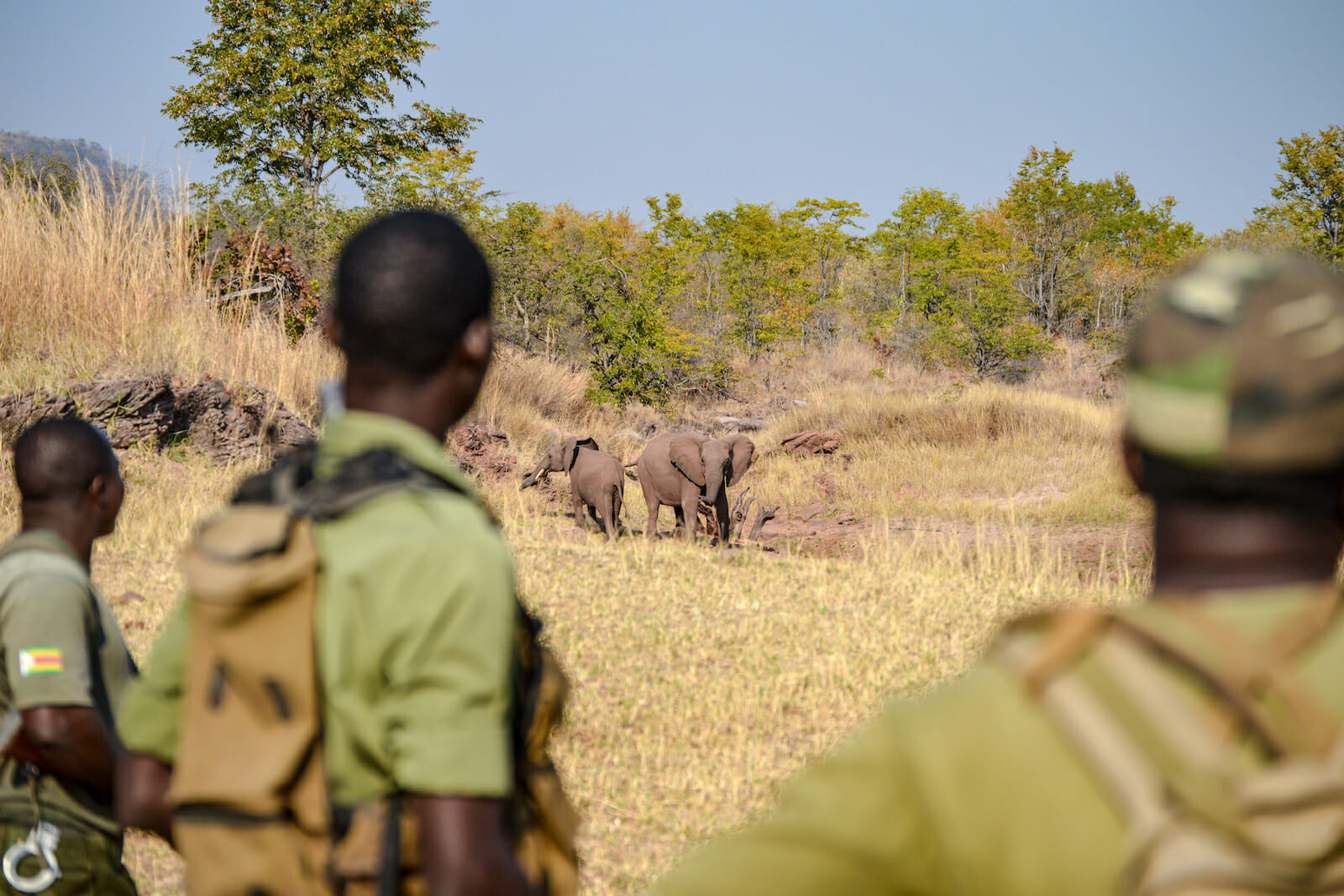
Will the WWF Scandal Change the Conservation Movement?
The World Wide Fund for Nature, globally recognized as the WWF, was accused on World Wildlife Day, of all days, of gross misconduct. In a BuzzFeed article, its accusers say the WWF is working with and directly supporting anti-poaching operations in which local populations are abused and mistreated. The charges are serious and include torture and murder.
WWF’s operations are huge stretching across several continents. By their very nature, anti-poaching operations occur in remote areas in countries which struggle to bring resources to address the issue. These are very difficult circumstances in which bad habits sometimes found in third world security forces come to the fore.
There is a culture gap here. The WWF, with the world’s money in its hands, is expected to act with propriety. The police and armed forces of the counties, caught in poaching crisis, may sometimes fail to follow international law, especially when anti-poaching rangers are new recruits to new or reorganized units.
The WWF has vowed that it will carry out an internal investigation. I believe that they will do a good job and ensure sufficient oversight. Any report will, in turn, allow them to redesign their procedures to lessen the chance of their money being used to support operations that are morally and legally unacceptable.
This scandal is an opportunity to look at the anti-poaching and conservation operational models from a new perspective.
To some extent, the wider world has been looking at the WWF as an entity which represents the wildlife side of a responsible environmental position. Humanity needs to bring together the various strands of conservation and make some responsible decisions.
But let’s think through the operational model this scandal reveals. The WWF and a host of other NGOs do fundraising across the globe and invest in anti-poaching operations in key areas such as the ones mentioned in the BuzzFeed article. Of course, anti-poaching operations require rangers and police/military type operations. But those operations cannot of themselves win the war.
Without the support and understanding of local populations, conservation efforts can never succeed. If local populations are not working with these operations they will inevitably see them as adversarial. “Effective” or “well trained” rangers will never succeed if local populations do not buy in. Everyone on the ground knows the answer to this question. On the world stage, however, and the way the modern world works, their voices are muted and Western high profile voices of established institutions are accepted as the norm.
This brings the WWF situation around full circle. Park rangers affiliated with them are reported to have committed serious crimes. These need to be brought to light and punished. Yes, the WWF needs to investigate and open itself up to scrutiny. But that just adjusts and repairs the status quo. The conservation community needs to ask a bigger question. Will the focus on the law enforcement aspect address the problem or do we need to agree that local people must be brought into the consensus?
If this scandal can bring this question to the fore and the business model of the major global conservation organizations is encouraged to change then a terrible crime could lead to a much-needed boon and World Wildlife Day will really have made its mark.

